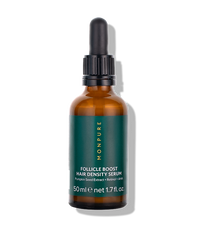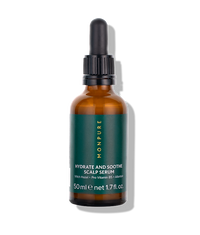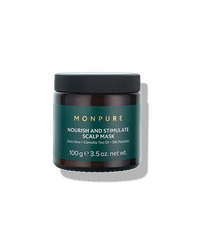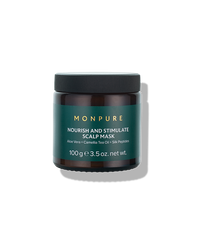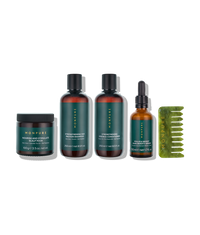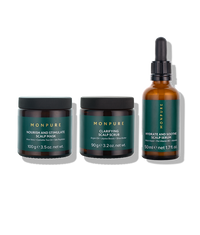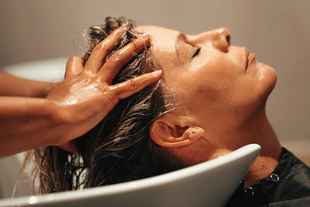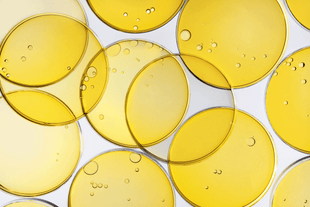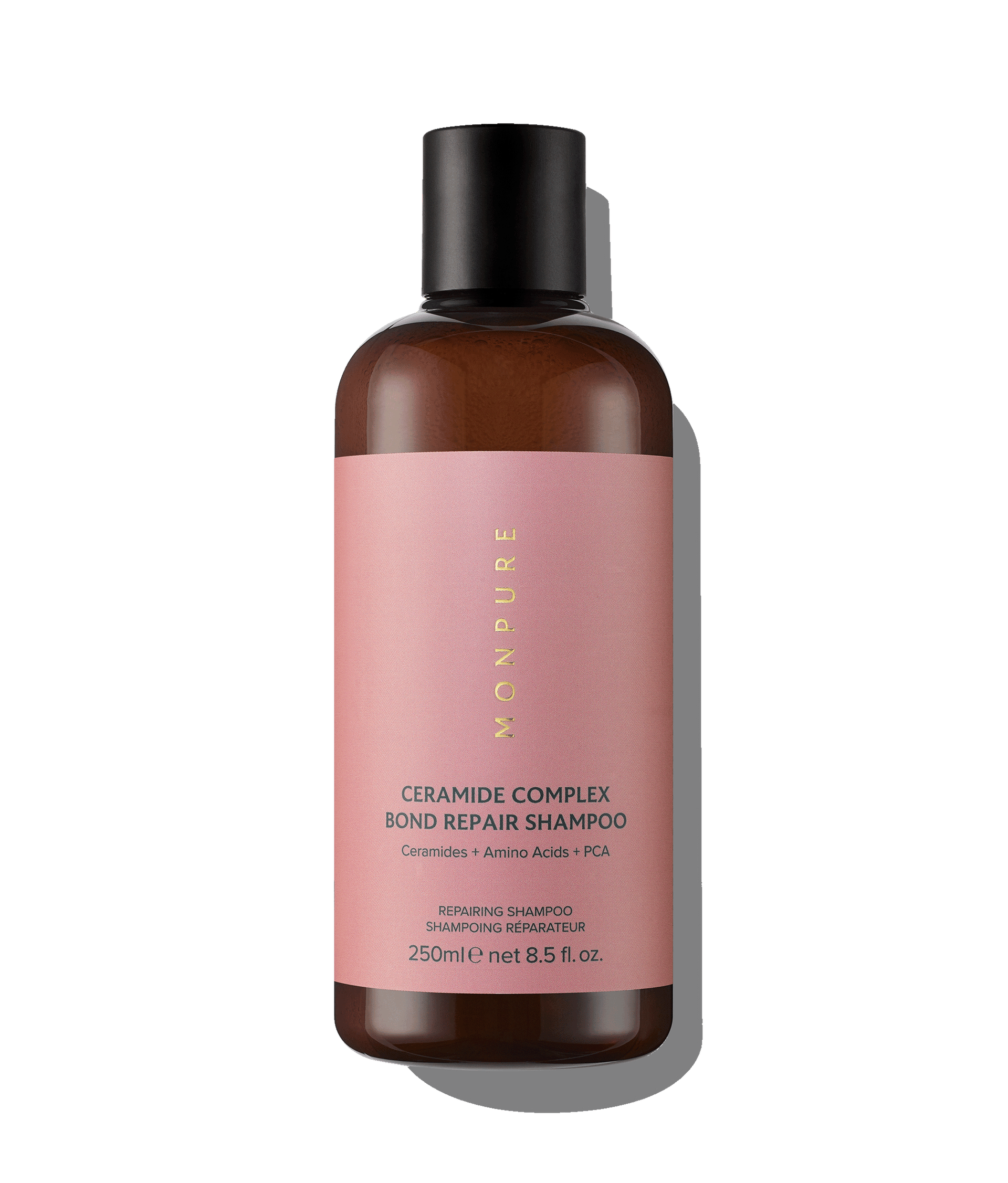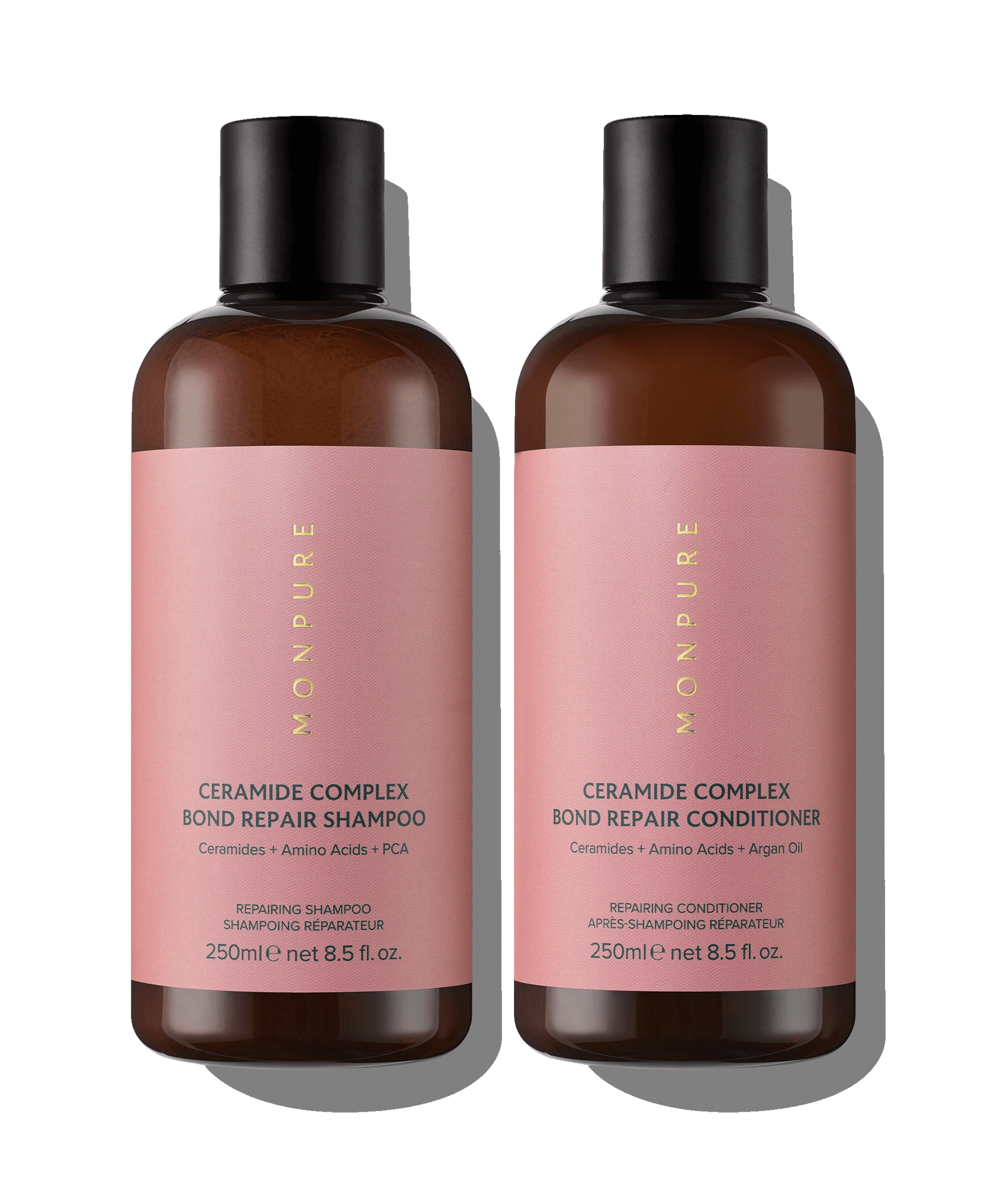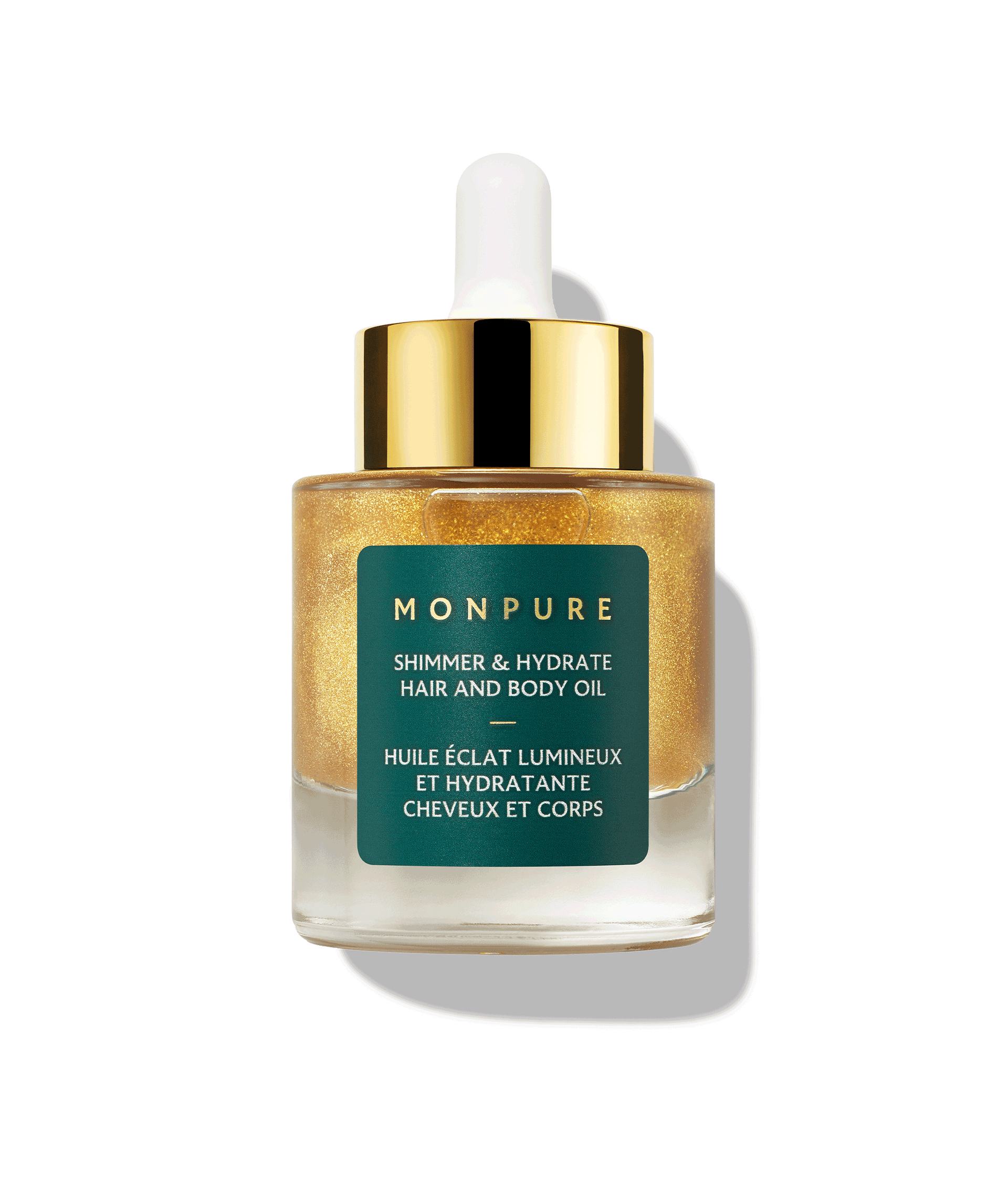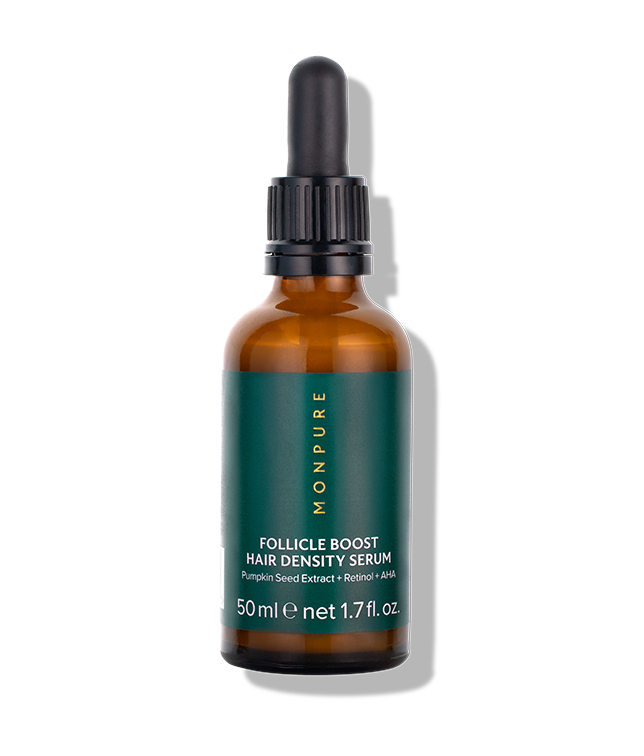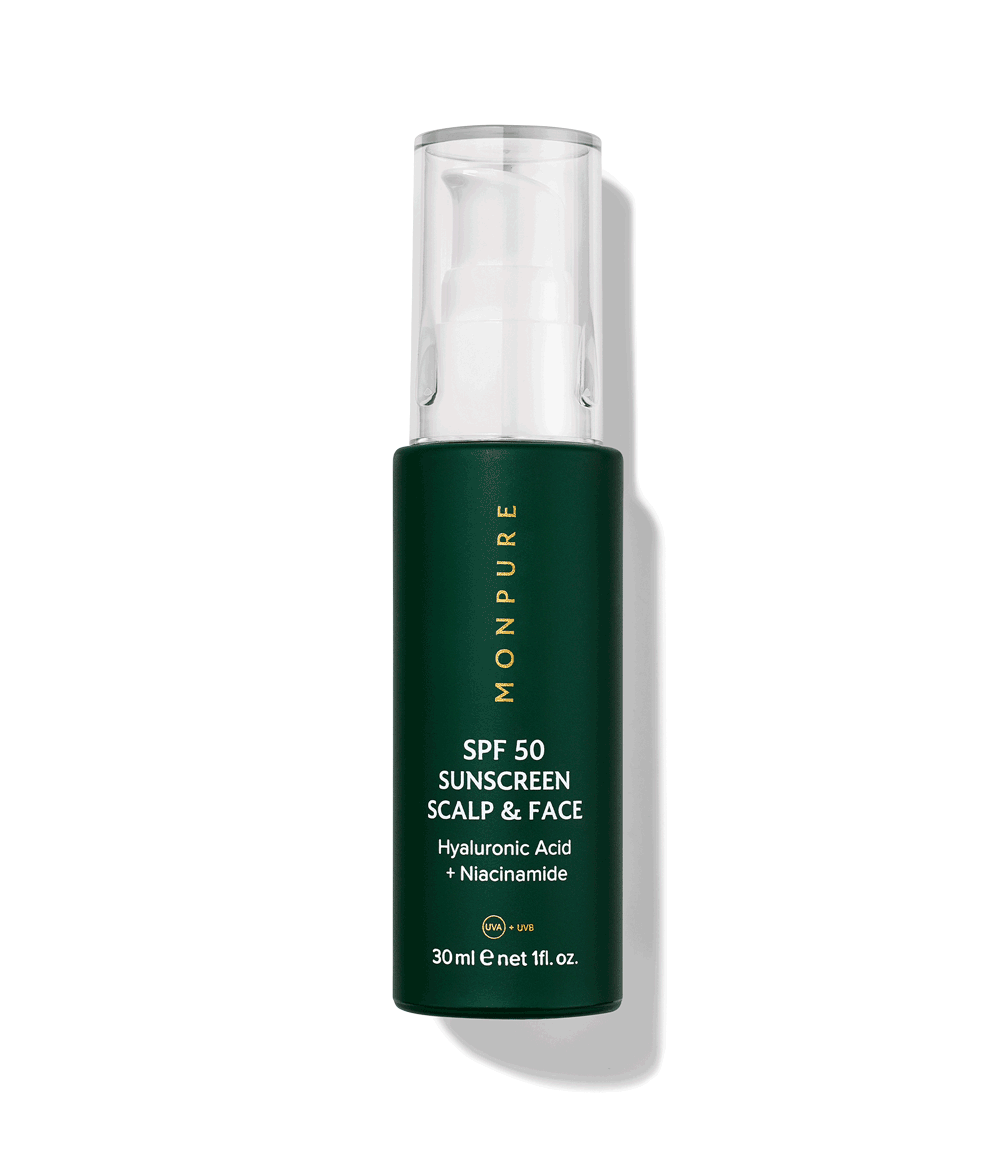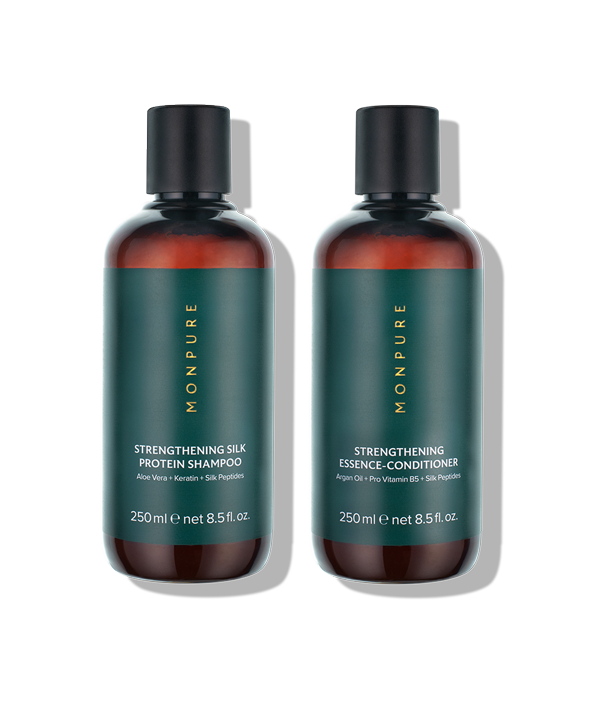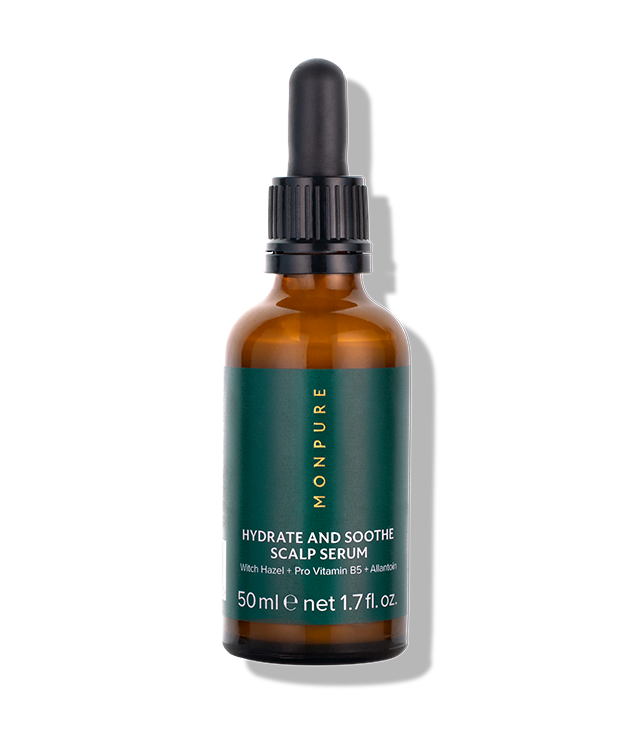With winter in full swing, it is important to remember that our scalp and hair behave differently in changing seasons and climates. Between the cold weather, lack of hydration in the air, harsh central heating and hair-flattening headwear, good hair days can be few and far between once winter rears its frosty head. In fact, the winter environment can take a serious toll on the hair and scalp.
The lack of hydration in the air can disrupt the scalp’s outer skin layers, leading to flakes and itching, hair often faces dreaded frizz and brittleness, while hot micro-environments at home can aggravate conditions such as dandruff or seborrheic dermatitis.
In the face of the changing temperatures, it is crucial to adjust your scalp and haircare routine during the winter season. Here are 3 essential expert tips to beat the winter hair and scalp blues…
1. Safeguard the Scalp-Skin Barrier
The epidermal layer of the scalp (the skin barrier) defends against a variety of toxins and microorganisms, keeping your scalp health balanced and irritation at bay. The skin barrier is composed of natural fats that help retain healthy moisture levels. However, dehydration caused by cold conditions can damage this essential skin barrier, leading to flaking, dryness and irritation.
Dandruff is also more prevalent in the colder months. Experts argue that this may be as a result of both the cold, dry air as well as our tendency to wash our scalps less often as temperatures drop - which ultimately allows for fertile ground for an overgrowth of the yeast Malassezia.
Although Malassezia naturally occurs on the scalp in a healthy and balanced scalp microbiome, the overproduction of sebum during colder months gives this type of yeast the perfect environment to flourish and grow, causing a disruption in the scalp’s intricate microbiome.
Don’t fret, the MONPURE range is brimming with powerful ingredients, solutions and scalpcare techniques you can use to protect the scalp from these aggressors and support the skin barrier.
How to Support the Skin Barrier
Steer clear of harmful sulphate and chemical-ridden shampoos that strip the hair and scalp of their natural oils, which will only compromise the skin barrier further. Instead, opt for a gentle and peptide-rich shampoo that protects the skin barrier and protects the scalp from other harsh aggressors (such as styling tools, brushing or environmental irritants). MONPURE’s Strengthening Silk Protein Shampoo is sulphate, paraben and silicone-free, and is formulated with potent vegan silk peptides and vegan keratin, which deliver a protective barrier to the hair and scalp, shielding them against harmful environmental irritants and stressors. These powerful peptides also prevent hair breakage by increasing moisture retention, restoring the inner bonding of the hair and enhancing cuticle health.
Introducing exfoliation into your scalpcare routine is another helpful step to regulate the health of the skin barrier. MONPURE’s Clarifying Scalp Scrub is a gentle exfoliator that exfoliates away unwanted flakes, build-up and oils to support scalp health during the colder seasons. Biodegradable jojoba beads, argan oil, shea butter and stearic acid work together to help heal and rebalance the skin barrier, regulate moisture and alleviate discomfort.
MONPURE’s Hydrate and Soothe Scalp Serum is the perfect natural antidote for dry, itchy and inflamed scalps during winter. Starring anti-inflammatory witch hazel water, aloe vera and exfoliating salicylic acid, this serum is the ideal targeted treatment to quell and combat irritation while delivering abundant moisture to the skin barrier, allowing it to self-repair.
2. Fight the Frizz
Fluctuating weather during the winter months can wreak havoc on the hair and can bring on dreaded frizz. In these conditions, frizz is caused as the cuticle layer can become rough and raised, allowing moisture to pass through and swell the strands. As a result, the hair appears dry and frizzy instead of smooth and defined.
To further exacerbate the problem, the hair’s cortex (middle layer) is made up of keratin fibres and temporary hydrogen-based bonds that create the hair’s texture. When water touches the hair, these bonds break, causing the hair to unfold from their natural shape and elongate. As a result, when the water content in the atmosphere constantly fluctuates during winter (for example, when you step from the rainy outdoors into a heated room - and back out again), our hair tends to dry frizzier and out of place.
Keeping your hair moisturised and nourished is the best way to combat frizz. Not only is hydrated hair slightly heavier in mass and keeps the strands more bonded together, adding moisture changes the hair’s structural composition, sealing down the cuticle layer and leaving a smoother appearance without weighing it down.
How to Combat Frizzy Strands
MONPURE’s Strengthening Essence-Conditioner features moisturising argan oil that nourishes, strengthens and smooths the hair, while restoring silkiness and shine. Hydrating Pro Vitamin B5 targets hair frizz and split ends, improves sheen and strengthens hair from the root.
MONPURE’s Ultralight Healthy Hair Oil delivers supreme moisture to brittle and frizzy strands with its lightweight and fast-absorbing formula. It contains innovative vegan keratin that seals down the cuticle and protects fragile hair from damage by rebuilding the strand’s structural integrity.
3. Know Your Nutrition
While it's widely known that nutrients play a vital role in maintaining a robust immune system, what we often forget is how key nutrition is in supporting scalp and hair health. The nutrients and vitamins we receive from food provide the building blocks for the condition of our hair and the optimal functioning of the cells that support it.
Shorter days and more time spent indoors during the winter months means that many of us are exposed to very little sunlight and can consequently suffer from a Vitamin D deficiency.
Vitamin D is metabolised by keratin cells, the protein that makes up our hair and scalp skin. A deficiency can interfere with keratin production, resulting in fewer follicles being created and hair growth being inhibited. A deficiency in Vitamin D disrupts this essential process, leading to stunted hair growth and thinning.
Research shows that Vitamin D plays an important role in the hair growth cycle. In fact, studies illustrate that people with androgenic alopecia exhibit significantly lower levels of Vitamin D levels and that these levels decrease as hair thinning worsens.
On the other hand, as many of us celebrate and indulge in festive cheer during the winter months, it means more alcohol and sugar are involved. While certainly delicious in moderation, an abundance of sugar and alcohol can exacerbate existing inflammatory conditions - including seborrheic dermatitis and folliculitis. Many of these inflammatory scalp conditions also have the capacity to accelerate hair loss and thinning, as the scalp’s dermatological condition cannot support the growth of healthy hair follicles.
Our nutrition has a major impact on the health of our hair and scalp. Eating a nutrient-rich diet or taking supplements, specifically Vitamin D, during the winter months, is crucial to adjusting your routine as the temperatures drop. Healthy sources of Vitamin D include oily fish, red meat, egg yolks and mushrooms.
As we welcome in the cold winter months and our favourite cosy festivities, it is essential to give your hair and scalp a routine revamp to allow for a smooth seasonal transition. From fighting the frizz with hydration to protecting the scalp’s skin barrier, MONPURE’s high-performance solutions will prepare your hair and scalp with everything they need to brace the cold.

